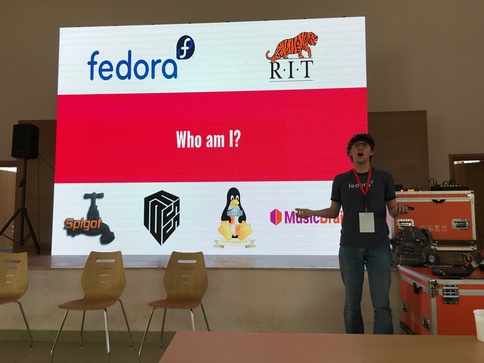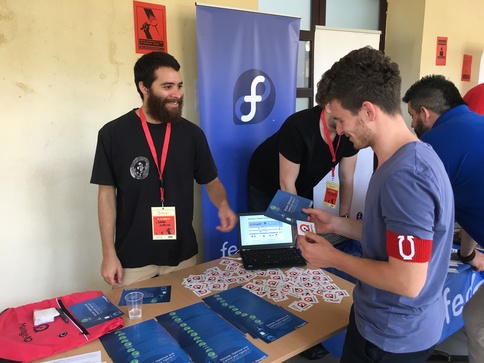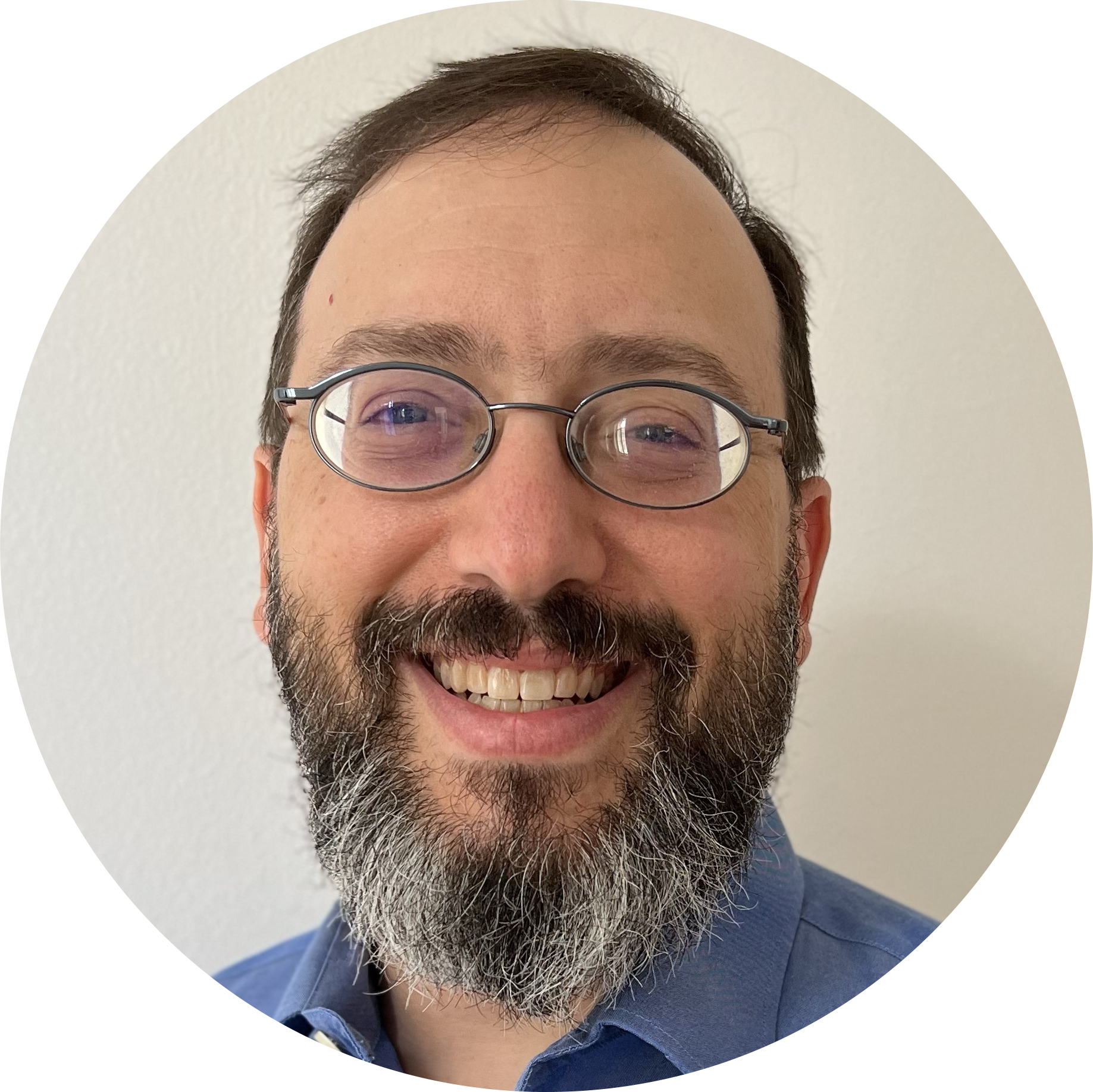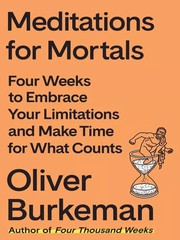OSCAL (Open Source Conference Albania)
Tirana, Albania
13-14 May 2017
This was my first time going to Open Source Conference Albania (OSCAL). OSCAL is a two day event organized by the local hackerspace and its strong community. I was very impressed with the level of organization and quality on display. The conference was organized by 14 people with the help of 38 volunteers. 69 speakers presented multiple parallel tracks to about 300 attendees.
The vast majority of the attendees seemed to be young professionals or students. The presentations ranged from a presentation on the current concerns of the FSFE to a detailed discussion of the Rust programming language. Audience sizes varied a lot with the preference seeming to be for skill-oriented (and often introductory) content over theoretical or informational content. My views are based on my observations so I encourage you to check with the organizers for more detailed information.
I presented a talk titled Building Applications Doesn’t Mean Writing It All From Scratch. My goal was to talk about writing glue code to bind together larger open source projects to accomplish a goal. I used the example of the new Fedora Docs Infrastructure. I believe I was successful in conveying my message, however the audience was small.
 Who am I? I’m not me :) I didn’t have a picture of my talk, so I am using this one of Justin Flory instead.
Who am I? I’m not me :) I didn’t have a picture of my talk, so I am using this one of Justin Flory instead.
I spent some time at the Fedora Booth and I encourage you to read the event report by the ambassadors directly. Many of the questions I heard were focused on the gaming that was on display or on how to use Fedora productively as a student. These are two audiences that are typically further out on the adoption curve than Fedora targets. They are great people and we should think about what the best way to serve these audiences. It seems that a SIG or other working group would allow those interested in these audiences best organize and serve them. It would also feed nicely into the structure suggested by the new mission statement.
However, I wonder if we missed out on the opportunity to engage the professionals in the audience by highlighting gaming. As I wasn’t at the booth full-time, I look to the Ambassadors to determine this. I spoke to a small number of the professionals between sessions in the lecture halls. They are concerned with the speed of change in Fedora and whether the skills they have are transferable. They want to grow in ways that will enhance their careers and were eager to learn about how contributing to Fedora could help them improve their skills or gain new ones. These topics are important and ones we should think about if and how we should address them.
This event also showed that we need to think about talks that use Fedora as the example but speak directly to the needs of the audience. This may mean that our Ambassadors need to find the people in our community to go deliver the talks that the audience wants. This may also mean we need to recruit the right people to be at the booth to make sure we have a high likelihood of being able to continue the conversations that our talks set in motion. Focus seems to be the key here.
Overall, our representatives did a great job.



